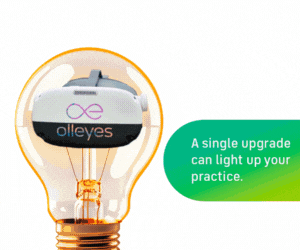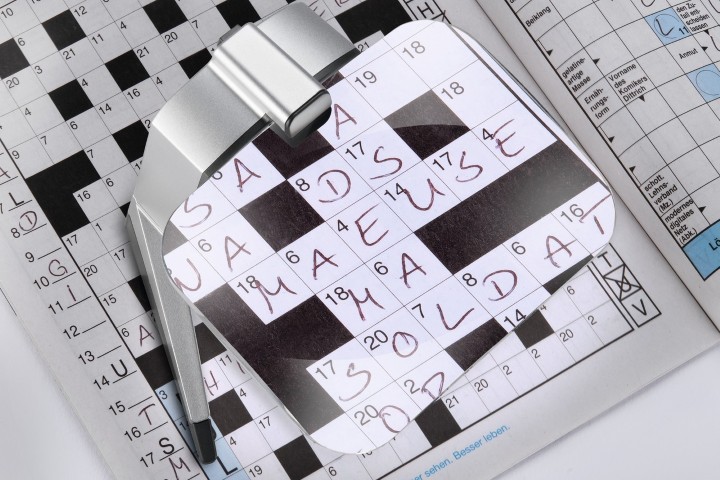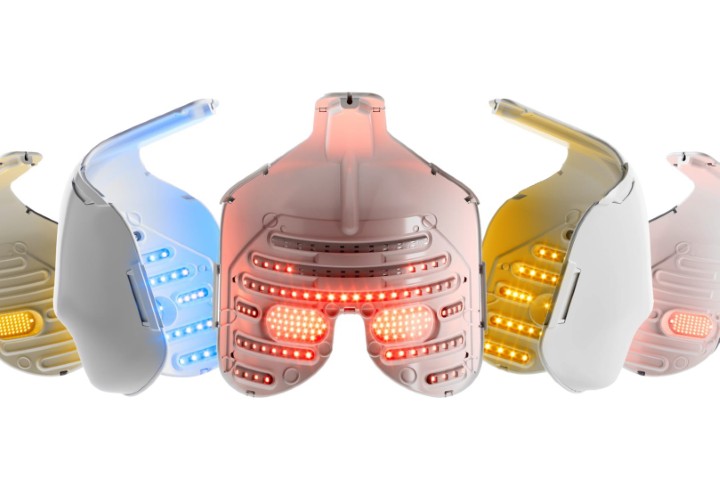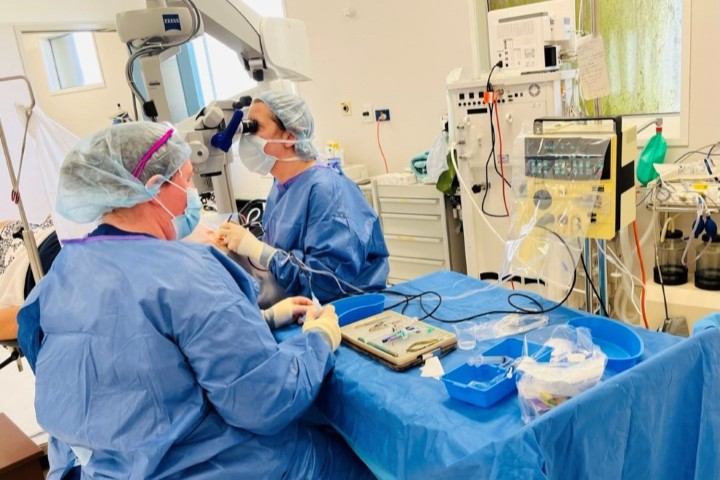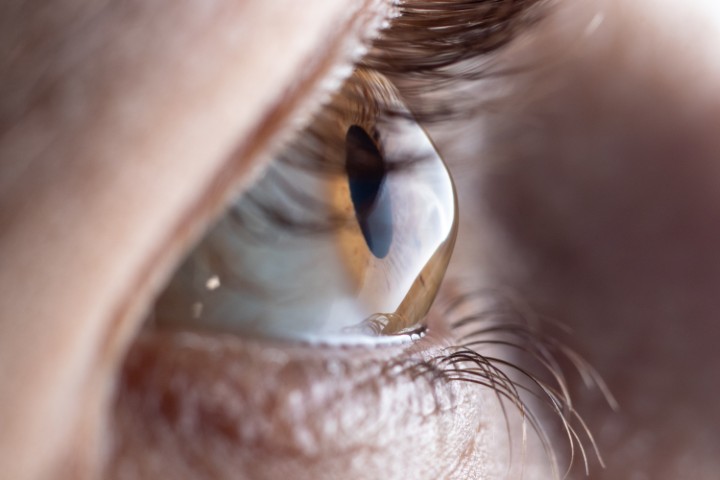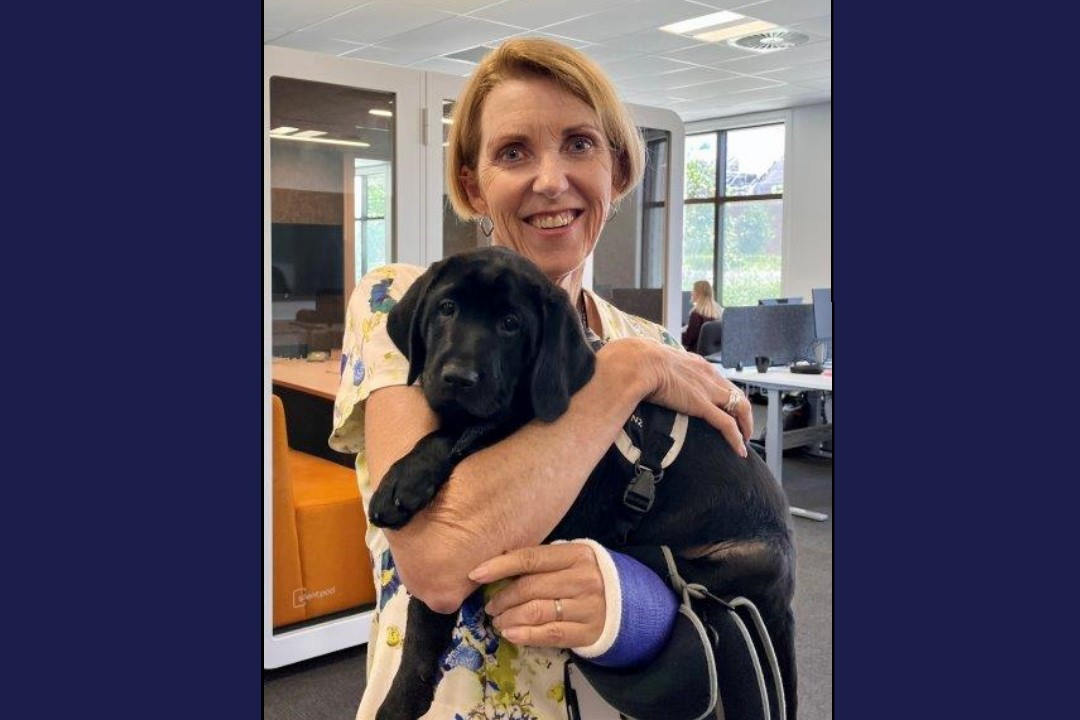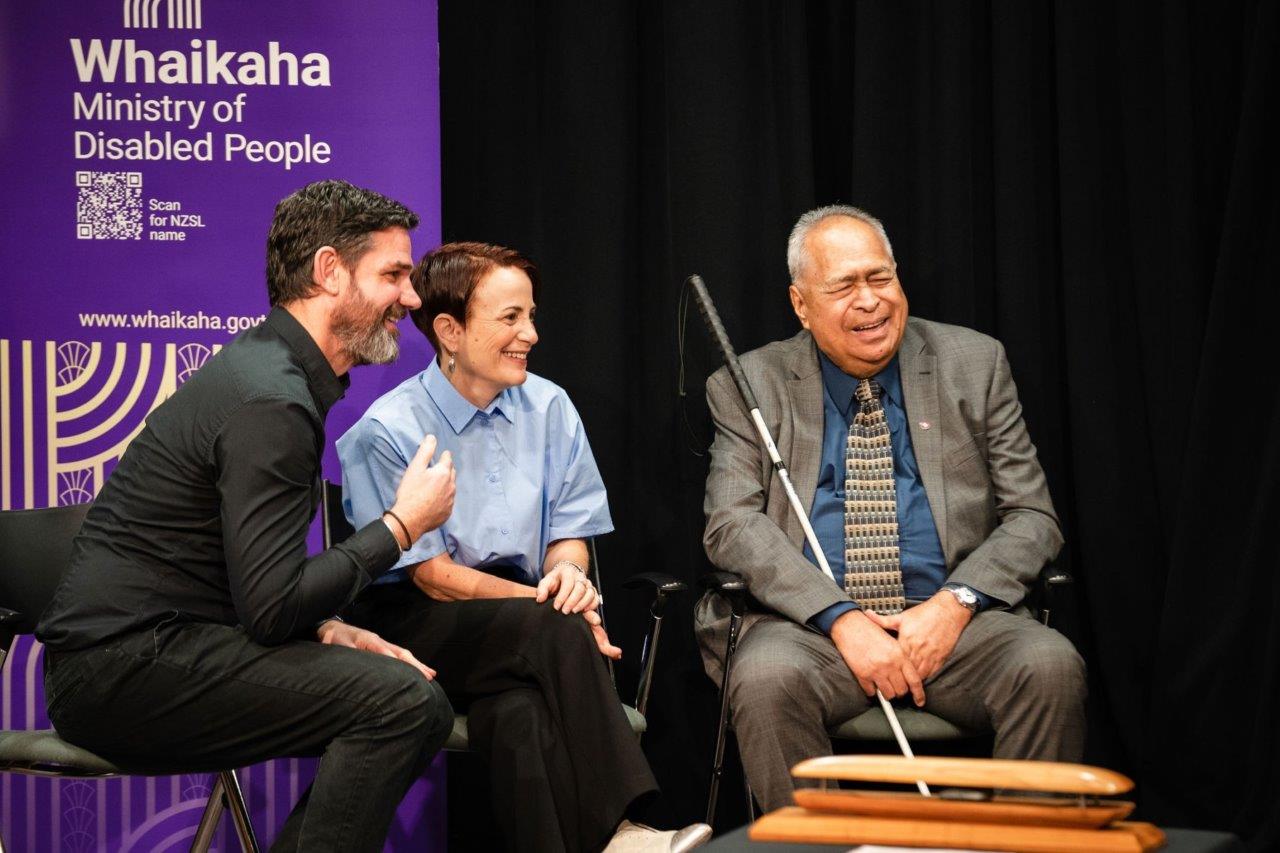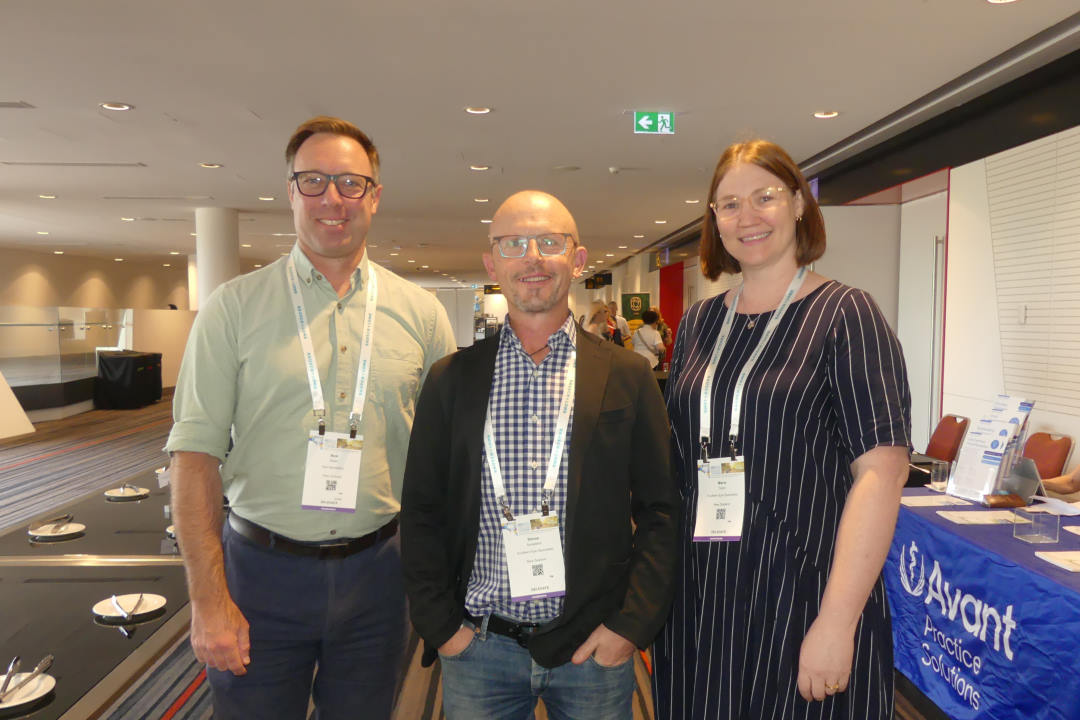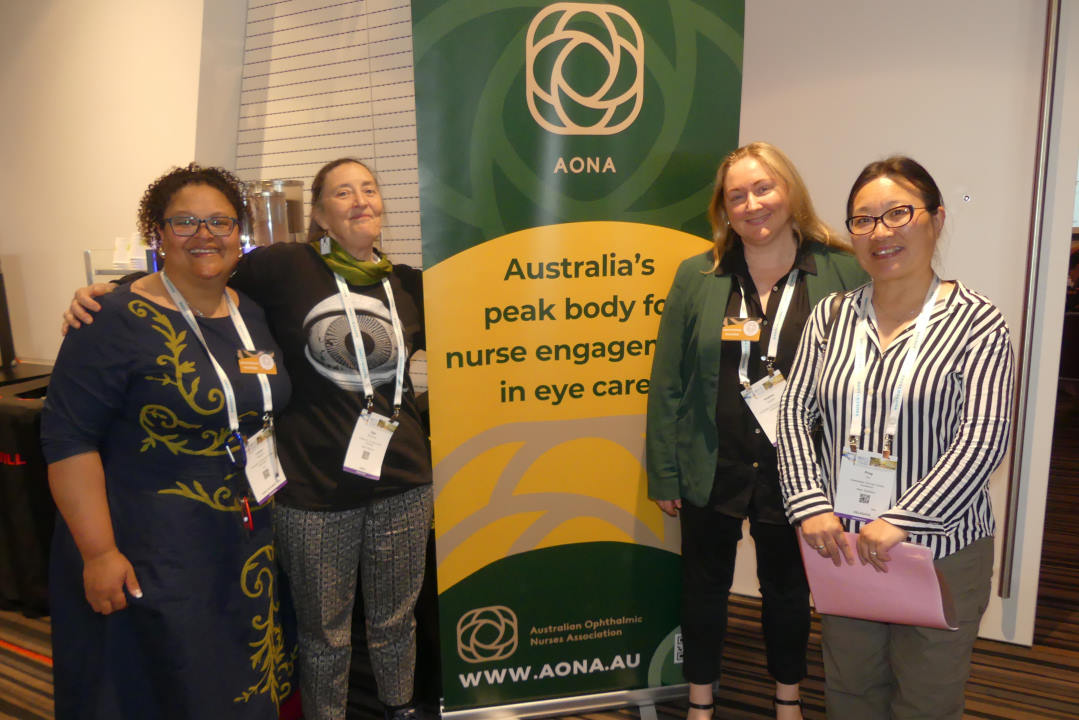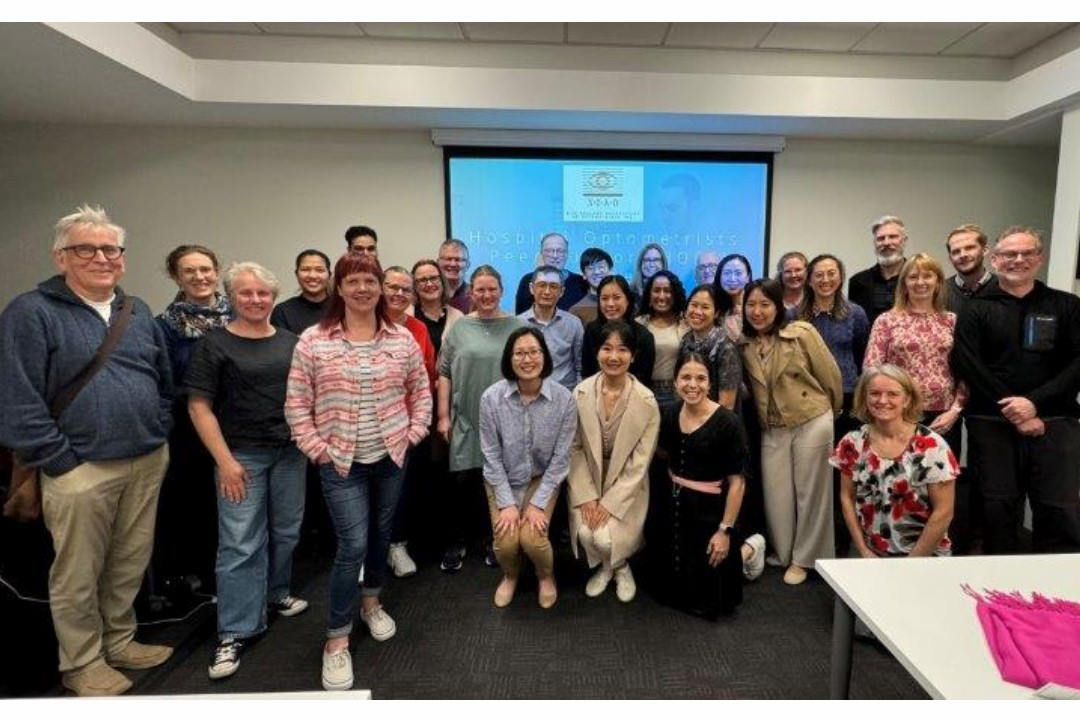Blind ignorance
Sight loss, I discovered, is such a gradual process that it’s generally detected by others before the victims themselves.
Certainly, the indications I had came at me, rather suddenly. I was sitting down, quietly enjoying a cup of tea, when my wife Pam said: "we really need to talk". Now anyone with any experience of married life or full-time employment, knows that when someone says that, good news is not about to follow.
The conversation started innocently enough, along the lines of, "do you realise how often you're bumping into things lately?" I put on, what I hoped was a pensive, reasonable expression, waiting for the final verdict and sure enough it arrived. "You need to get your eyes tested again, but go to someone a bit more high-tech than old Charlie."
I thought that was a bit harsh, Charlie had done my glasses for years and never given me any grief. Anyway, if there was bad news out there why go looking for it? I tried the usual, "I'll think about it" and "as soon as work eases off a bit".
Occasionally this ploy works, but not this time and a couple of days later off I went, feet dragging, to the high-tech optometrist (HTO). Mentally debating the difference between an 'HTO' and a normal optometrist, I decided it was probably the size of the bill.
The HTO looked more like a cemetery for posh spectacle frames than a place to get your sight fixed. The decor was a floor to ceiling sort of glaucoma grey which matched the hair colour of the chirpy, competent looking women behind the counter. My optometrist was a really pleasant young Australian woman who shuffled and dealt the test lenses with all the panache of a Las Vegas croupier. Whilst I gained confidence from this dexterity, she obviously wasn't satisfied. She followed up the first act by shining a magnifying torch into my eyes muttering 'Hmm'.
It’s a personal opinion of course, but a 'Hmm' coming from anyone in the medical game has got to be one of scariest expressions in the English language. Its only got two meanings; a) “I haven't got a clue what's wrong with you”; or b) “I don’t want to be the one to tell you.”
We talked about my vision and I mentioned having problems driving at night. She trumped this by saying, "I don't think you should be driving in daylight either and you definitely need to see a specialist." Not really what I wanted to hear.
Seeing a specialist implied that what I had was beyond her ability, and then there was the cost. With Charlie, it was in and out with glasses for around $300 but this little number was looking like $600 plus, with the specialist in the game, I was starting to feel like I was involved in some sort of optical pyramid scheme.
The specialist oozed professional competence. He sat me in front of an ancient-looking machine, explained the process, gave me a buzzer and said, "press this when you see the lights." After a while he said, "when you're ready," and then, with a touch of insistence, "when you see the lights."
Anxious to please, I finally spotted one and jabbed the button in triumph. He didn't cheer, but I thought I detected a bit of relief in his expression. From there we moved into the surgery, which really looked as if it could do the biz: bright lights, lots of neatly laid-out implements that looked essential and expensive, with a patient chair that could have been salvaged from a space shuttle. He did the old shuffle and deal with the test lenses, not quite with the flourish of the optometrist, but more measured, as if he was catering to the high rollers. I eased back in the astronaut chair with all the confidence of someone getting their money’s worth.
When the magnifying light elicited another "Hmm" I wondered if it was some sort of diagnostic code for unrecorded ailments. But no! He rolled back his chair and said, “You've got RP.” I chewed on this medical morsel for a moment before asking, “Is that good?” He then treated me to a short, honest opinion on the joys of retinitis pigmentosa. Briefly, I could lose my sight or some of it, I could lose all or some of it quickly or slowly and it was inoperable. Not what I wanted to hear.
See what I mean about going out and looking for trouble?
Somewhat poorer and not exactly buoyed with hope I left, clutching an appointment for the Dunedin Eye Clinic.
The clinic was all business, lots of fellow patients dotted around the waiting area, half-hoping and half-dreading the appointment and the result. The staff here are frontline troops, a mix of eager younger types and urbane, battle-worn professionals who've seen it all before, and if the line outside is anything to go by, they were going to see a fair bit more of it.
Similar tests, same diagnosis, same prognosis, but good, helpful advice on what to expect and how to cope with it. Top marks all round for the public health system. I left quite upbeat and half-convinced there wasn't that much wrong with my sight anyway. But on reflection I guess it was more wishful thinking and a natural reluctance to face the reality of life.
NZ Optics is pleased to welcome Trevor Plumbly as a new contributor. Trevor will share more about his life on the ‘dark side’ or as a ‘white caner’, as he also likes to be called, in future issues.
Trevor Plumbly is a retired arts and antiques dealer, diagnosed with retinitis pigmentosa 15 years ago. Originally from Tunbridge Wells in England, Plumbly, together with wife Pam, formerly owned Plumbly’s Auction House in Dunedin. In the 1980s, he was one of the antique experts in the popular television programme, Antiques for Love or Money, and became a well-known face in Dunedin as a result. In 2008, when sight loss put a stop to the antiques dealing, Trevor and Pam decided they wanted to be closer to family, so they sold up and relocated to Auckland. This is his first column for NZ Optics.





